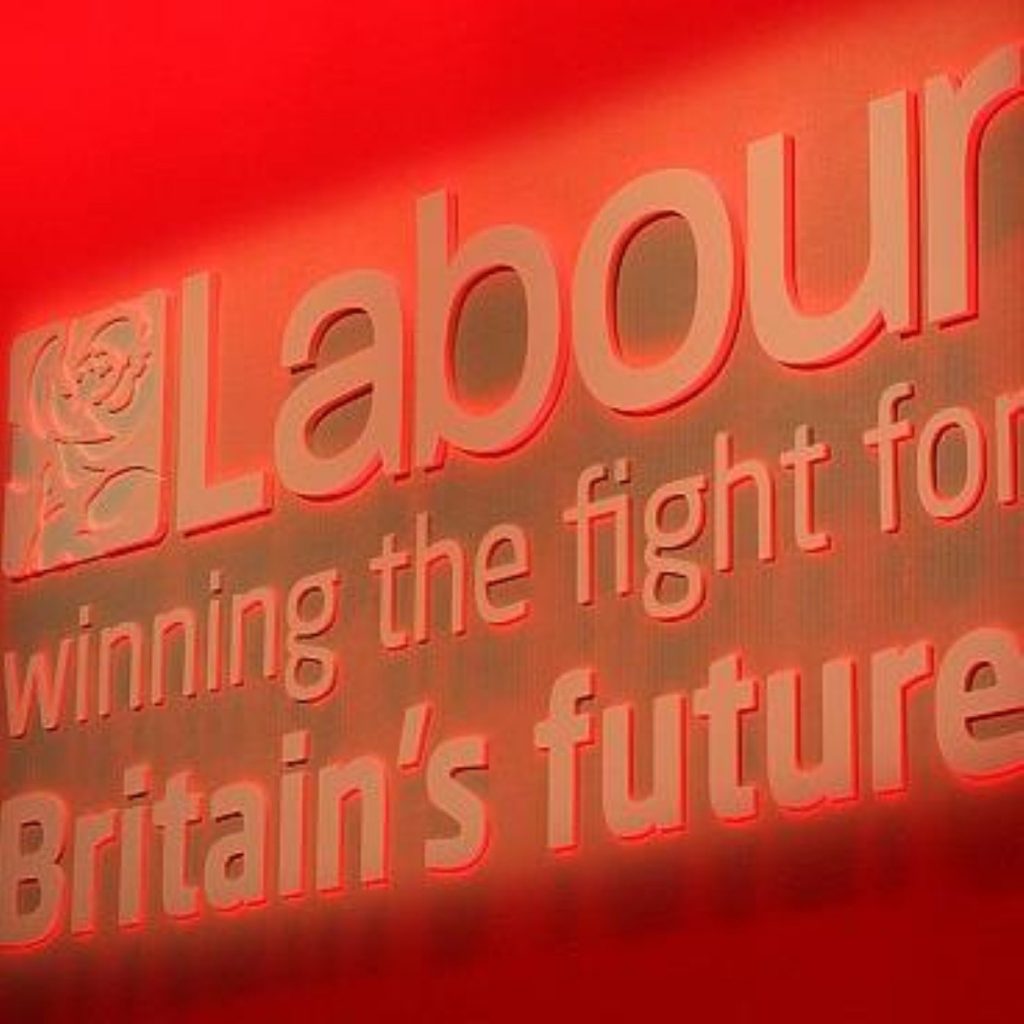Backlash against Labour on Lords scandal
by Ian Dunt
The public overwhelmingly perceive Labour peers to be more corrupt than their Tory or Lib Dem counterparts, according to a politics.co.uk poll released today.
Asked which type of Lord is more corrupt, 69 per cent of respondents said Labour, while only eight per cent answered Conservative. Twenty-three per cent ticked ‘all of them’.
In one sense the findings are unsurprising. Of the various peers approached by undercover Sunday Times journalists, only Labour peers seemed open to amending legislation for a yearly fee.


Three Conservative peers, a Liberal Democrat, an Ulster Unionist and one Labour peer ignored the request or refused to help.
But problems in the Lords carry a cross-party flavour. Peers are currently paid to advise over 200 companies, and many of those peers are not Labour.
Furthermore, the Conservatives have a weak spot in the shape of Lord Ashcroft and Lord Laidlow, both pivotal Tory donors.
The former, a billionaire with very close ties to Belize, in Central America, refuses to disclose his tax status. The latter, one of the Conservative’s biggest donors, lives in Monaco and faces accusations of being a tax exile. Yesterday, he cancelled his donations to the party.
The ongoing controversy over the Sunday Times report appears to have hardened opinions about the second chamber.
Fifty-three per cent of politics.co.uk users believe those accepting payments for making amendments should face criminal proceedings, just a little above the 46 per cent who said they should be expelled from the Lords.
Asked what sort of reform the government should pursue, 38 per cent of users called an entirely elected House of Lords.
Thirty-one per cent of people wanted Lords to be banned from working for consultancies, while 23 per cent said Lords who failed to declare their interests should be sacked.
But there appeared to be a firm sense of proportion among the response, with almost universal support for the proposition that the current scandal is the fault of a “a few bad apples” rather than a sign the House of Lords as a whole is corrupt.












